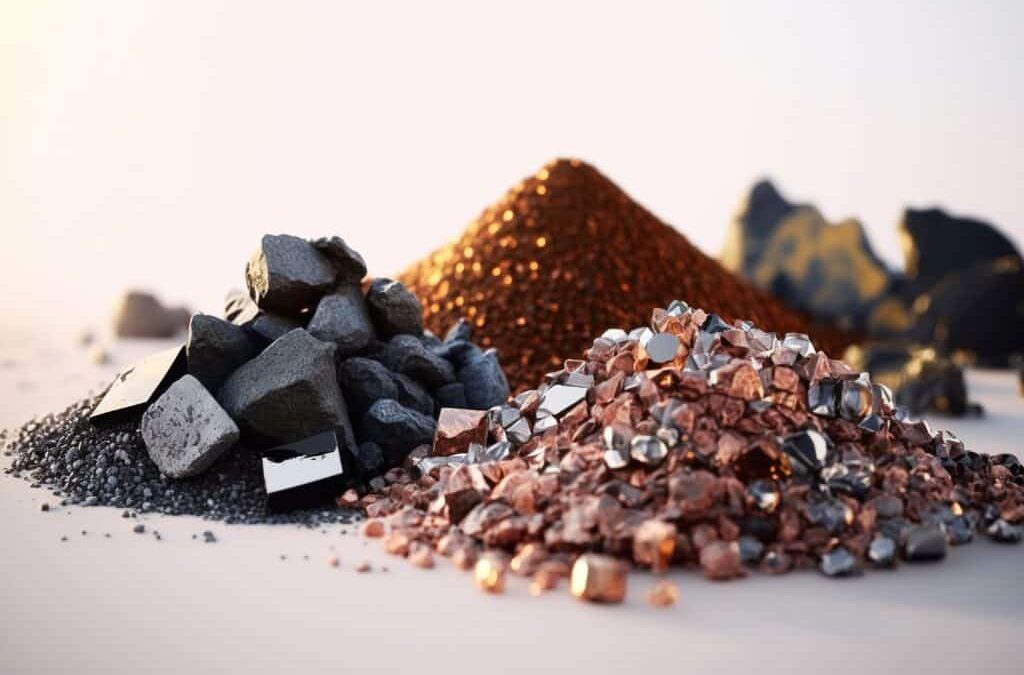A groundbreaking discovery by Australian researchers could reshape how the mining industry recovers critical and rare earth minerals.
Scientists at the ARC Centre of Excellence for Enabling Eco-Efficient Beneficiation of Minerals (COEMinerals) have developed a biotechnology-based method that uses peptide molecules to selectively bind and extract target minerals, a process inspired by cancer treatment techniques.
The project is led by University of Adelaide’s School of Chemical Engineering professor Chun-Xia Zhao.
“We knew nature contained molecules with selective binding properties,” Zhao said. “By harnessing these properties, we were able to find precise peptide matches for specific minerals, each one fitting like a jigsaw puzzle.”
The team used a biotechnology approach testing on silver, which resulted in selective separation of silver particles from silica, a common waste byproduct and achieving 98 per cent silver purity.
“Current mineral separation processes can require hundreds of stages. This is not only inefficient and costly but involves toxic solvents that harm the environment,” Zhao said. “In contrast, the Centre’s new biomolecule approach offers selective and recyclable peptides as a single-stage process, reducing both complexity and waste.”
The potential for this technology extends beyond silver, with broader testing indicating the same approach offers promising performance in rare earth minerals.
“This achievement shows how government support for research can lead to real-world outcomes that boost innovation, improve productivity, and benefit Australia in the long run,” ARC chief executive officer professor Ute Roessner said.
To accelerate commercial development, the technology has been licensed to Theia Metals.
“Partnership and licensing to Theia Metals begins the process of investor and corporate mining partner-led development of this technology to the marketplace,” Theia Metals chief executive officer Russell Howard said.



